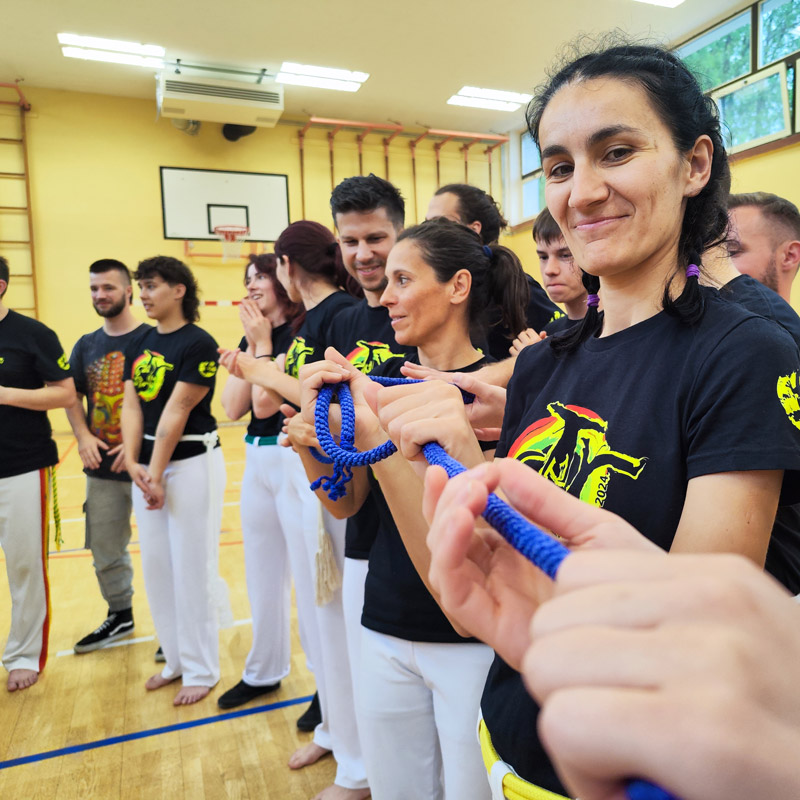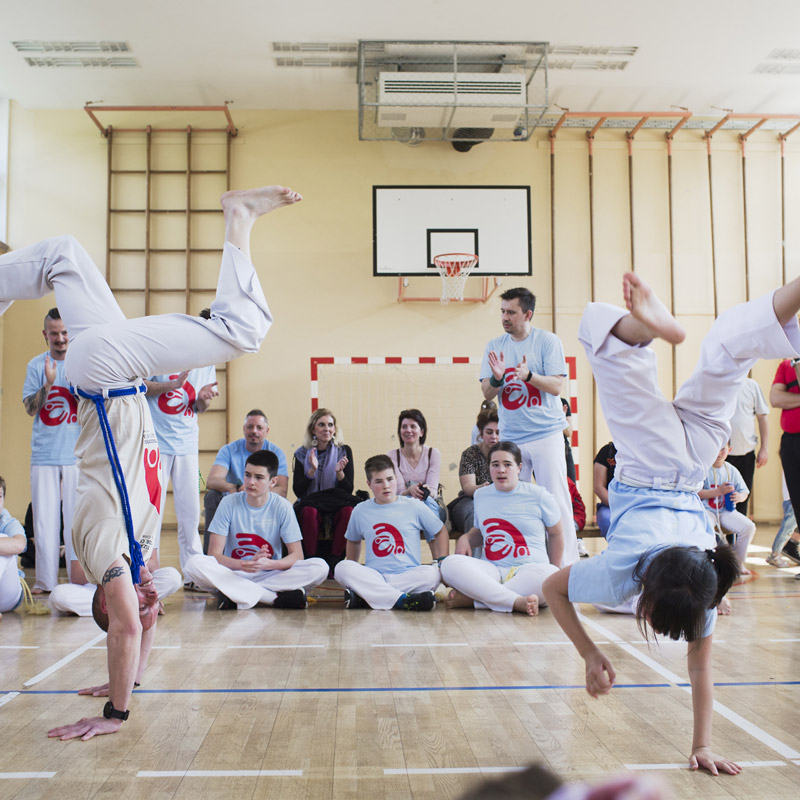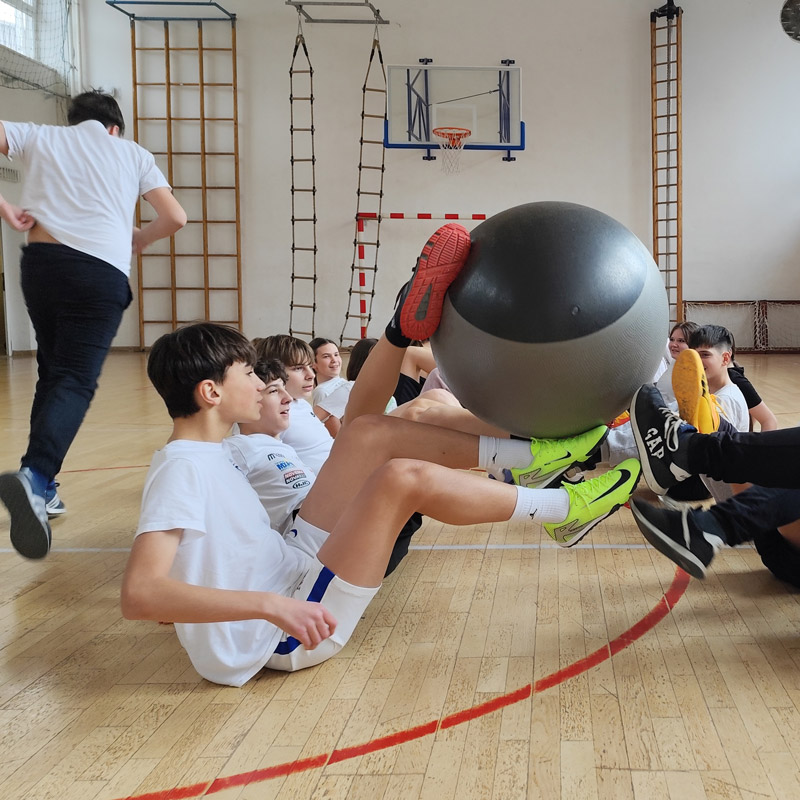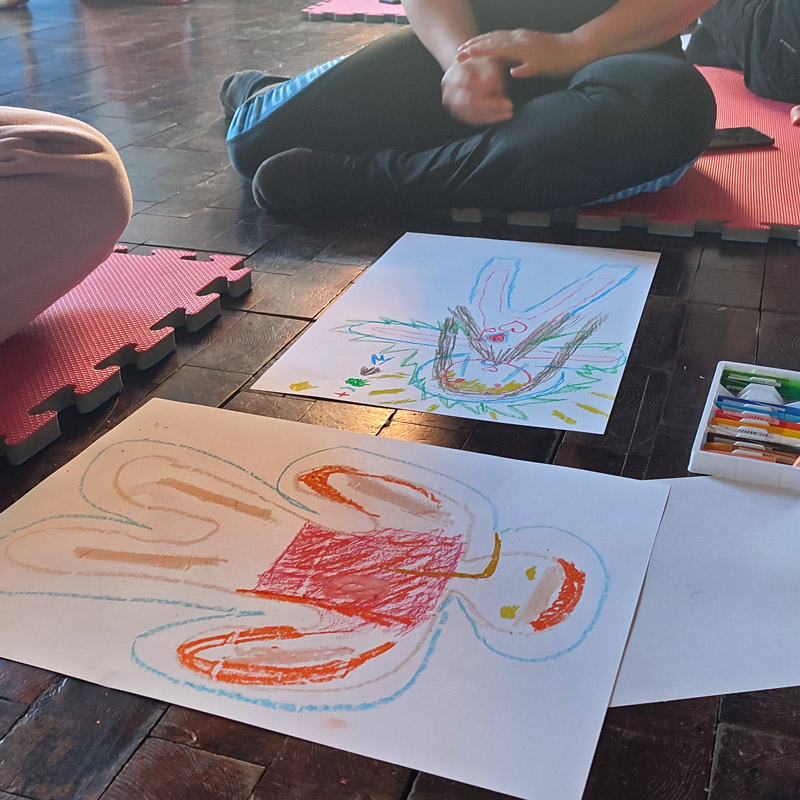METHODS OF WORK


Our activities include programs for children, young people, and adults, with a special focus on vulnerable groups – children, youth, and families at risk of poverty and social exclusion. A key feature of our work is the use of capoeira, sports, and body-based activities as tools for social learning and supporting the development of children and young people.

Capoeira
Alongside regular trainings, we use capoeira as a tool for developing social skills in at-risk children and youth. Through the certified program “Tribo Moderna – Capoeira for Tolerance and Non-Violence”, workshops are structured to combine physical activity and psychoeducation, enabling experiential learning through reflection and dialogue. The program covers three key areas: self-image and self-esteem, cooperation and relationships with others, and self-regulation of emotions and behavior. The methodology is detailed in a manual for facilitators.
We also use capoeira as a tool for social inclusion of marginalized groups and for strengthening family bonds – always through a combination of capoeira elements and experiential learning.
For eight years we were external collaborators at the Faculty of Education and Rehabilitation Sciences, where we taught an elective course for second-year social pedagogy students, “Capoeira as a Method in Working with At-Risk Children and Youth.” This way, we introduced the methodology into formal education and contributed to its professional development and application among future professionals.
Sports Activities
In our work we have recognized sport as a powerful tool for working with children and young people. We use the principles of learning through sport, where elements of sports activities are intentionally adapted to foster the development of social and emotional skills.
This methodology is integrated into our own programs, as well as those we implement as partners – from working with youth without adequate parental care to activities in primary schools. We deliver structured workshop cycles focused on self-image and self-esteem, building quality relationships with others, decision-making, emotional regulation, and responsible choices.
These workshops use sports activities, games, and team ball sports, structured to include elements of experiential learning and reflection – all with the aim of promoting social learning.
In this way, we enable children and young people to participate in activities that are familiar and motivating, while at the same time creating a framework for empowerment and the development of social competences.


Empowerment Self-Defense (ESD)
Empowerment Self-Defense (ESD) is a comprehensive, evidence-based, and trauma-informed approach to personal safety that provides practical tools for dealing with various forms of violence — from verbal harassment to life-threatening situations.
ESD empowers individuals, within their social and cultural contexts, to prevent, resist, and recover from violence. Through a holistic and multidimensional approach, participants learn to recognize threatening behavior, assess their options, set boundaries, de-escalate tense situations, escape to safety, and physically defend themselves when necessary.
The methodology is based on five core principles that together form a framework for building personal safety and resilience:
- THINK – recognizing risky situations, assessing options, and making decisions about how to respond (calming, distancing, escaping, or confronting).
- YELL – using voice and body language to set boundaries, express needs, and seek help.
- RUN – physically removing oneself from a dangerous situation when possible, including leaving harmful relationships.
- FIGHT – applying simple physical techniques to create space for escape and safety.
- TELL – sharing experiences, seeking support, and strengthening community through dialogue and connection.
Our team includes five certified instructors trained to deliver the Empowerment Self-Defense program.
Body-Based and Somatic Techniques
We integrate body-based activities and somatic techniques into our programs as a methodological framework for developing:
- self-awareness, through recognizing bodily sensations and internal experiences,
- emotional regulation and stress management, through breathing, relaxation, and mindful movement exercises,
- personal resilience, through experiential methods that connect bodily reactions, emotional experiences, and cognitive processes.
We use the body and movement as a powerful medium in working with individuals and groups. In this context, we apply dance techniques, drama pedagogy, outdoor learning activities, and small-scale systemic constellations. All these methods are aimed at developing awareness of self and surroundings, and at strengthening the capacity for emotional regulation and social learning.
These techniques form an integral part of our work and are embedded in many of our programs as a foundation for developing personal resilience and social-emotional skills.

Sign up for the Professionals List to receive information about new trainings and programs.
